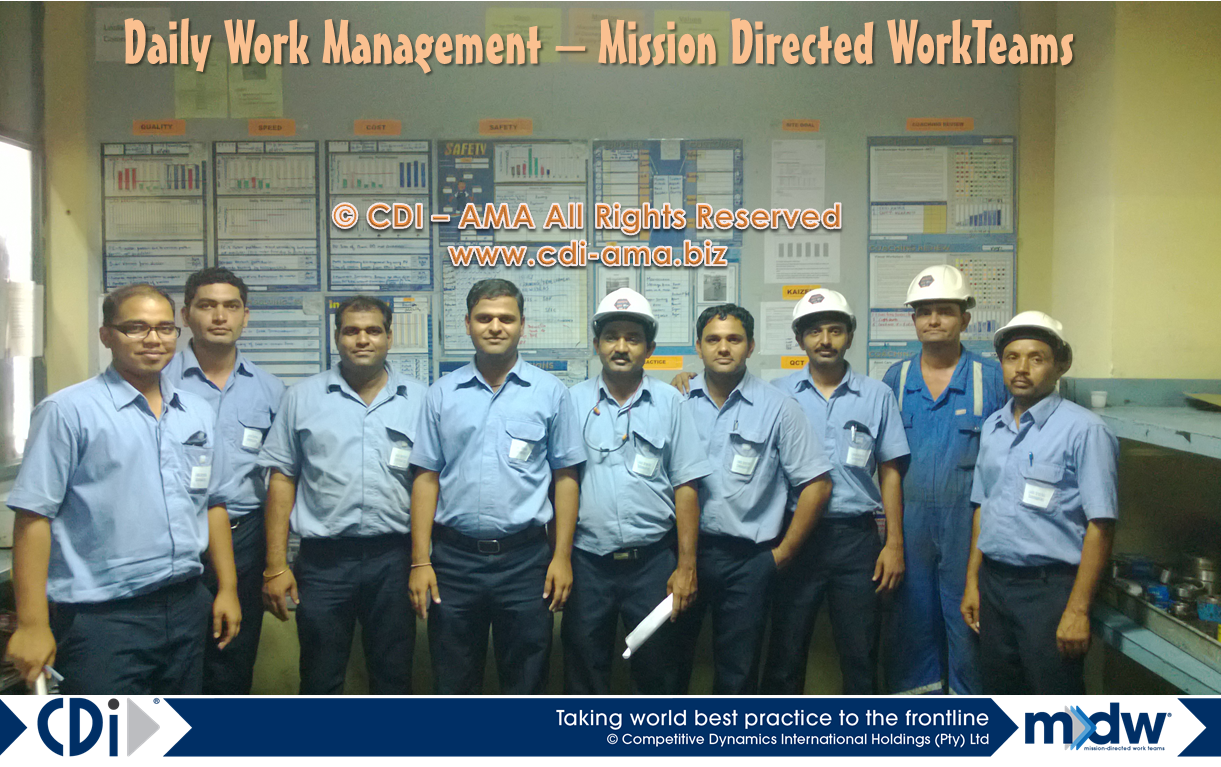Business Essentials - Safe Working Environment
The need to provide a Safe Working Environment should not need any explanation. Accidents at work not only lead to loss of productivity but can also lead to Business Shutdown in some scenarios.
Moreover capable People are unlikely to stay long in unsafe Workplaces. Hence ensuring Safety at Work is not a choice for Business Leaders - it should be considered as a basic Pre-requisite for Business Survival, Sustainability and Growth.
Business Leaders must understand that Safety is a basic human need and not a motivator. Safety at work is not itself enough to motivate people to work but Unsafe workplaces can lead to demotivation and disengagement. It is like brushing your teeth every day does not assure you of good health but not doing it definitely leads to disease.
In the context of ZED the Safety Parameter has 6 aspects and SMEs should easily achieve Organized Maturity Level on this Parameter (Level 3).*
*Disclaimer: Please make sure you read the Disclaimer Statement at the end before using any of these inputs.
Plan for a Safe Working Environment
- Prepare and communicate a Safety Policy which covers Safety of Employees, Contract / Casual Staff, Suppliers and surrounding Community. The policy should be in all major languages spoken by the workers / Suppliers / Community etc.
- Establish Safety SOP for the Company as a whole covering generic hazards and risks (e.g. Fire, - ensure statutory and regulatory requirements related to safety are covered. (See Reference Material)
- Establish Specific Safety SOPs for each Workplace / Equipment - ensure statutory and regulatory requirements related to safety are covered. (See Reference Material)
Deploy / Implement Safe Working practices
- Display the Safety policy through all possible means - Notice board, Employee handbook, Posters on Walls etc.
- Conduct Classroom and practical sessions on safety for 100% employees. Include Safety Training & Awareness for all New Joinees - Casual/Contract or regular.
- Display posters providing information on Safe Working Practices in appropriate places (Electrical Safety, Fire Safety, Safety guidelines for Machines/Equipment etc)
- Ensure availability of First aid kits and ensure Employees & Visitors have easy access to the First Aid Kits.
- Carry out CAPA (Corrective & Preventive Action) for all Unsafe Incidents & Accidents. Document the CAPAs.
- Every Month identify Hazards & Near Misses i.e. potential causes/sources that can lead to Accidents.
Monitor & review Status of Safety at Work
- Establish Daily safety dashboard
- Conduct Monthly Safety Reviews - Discuss Near Misses/Hazards identified, Unsafe Incidents, Accidents etc. review all new CAPAs for the month. Prepare Action plan to address the same. Review progress of Action Plans of previous month.
Reference Material
Absolutely Essential Health and Safety toolkit: https://worksafe.govt.nz/topic-and-industry/manufacturing/absolutely-essential-health-and-safety-toolkit/
---------------------------------------------------------------------------------------------------------------------------------------------------------------------------------------------------
You can look forward to more articles for helping you in your journey towards Manufacturing Excellence, ZED and beyond.
Keep checking this blog for updates or click on the "Subscribe" button to be notified of a new article as and when it is published.
For any further queries or Consulting Support you can reach us at:
Website: www.ASALUTTAR.com
Email: ZED.Consulting.IN@Gmail.com WhatsappWeb: https://wa.me/919871902031
Disclaimers & Indemnity:
- Views expressed herein are purely the Author's personal opinion and do not claim to represent the Official QCI Guidelines & practices and may not be in line with the latest changes or updates in the same.
- By using these inputs, for any purpose whatsoever, you indemnify the author and his firms of any & all liability for any loss/damage you may incur by applying these inputs and you also undertake not to bring forth any legal proceedings for the same.
- QCI Official Guidelines & practices are dynamic and hence it is highly recommended that Users obtain & use the prevailing Official Guidelines/Policy issued by Quality Council of India (QCI) from time to time.
- By using these inputs you also accord your consent to accepting the appropriate Arbitration Authority within the Union Territory of Chandigarh, India as the sole authority to deal with any dispute related to this Article and Blog.




Comments
Post a Comment